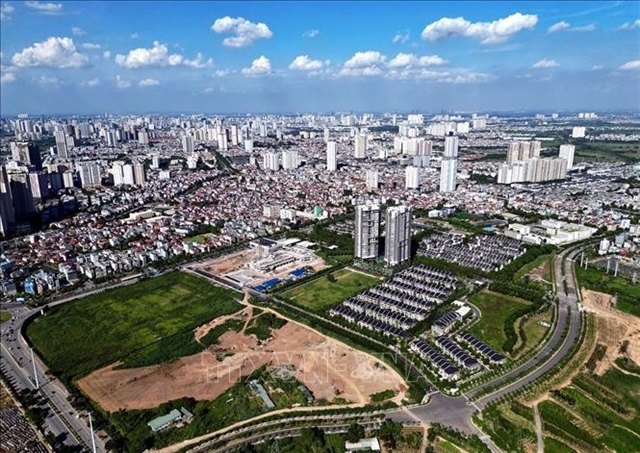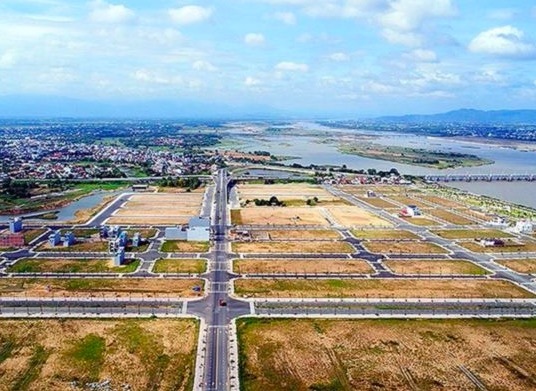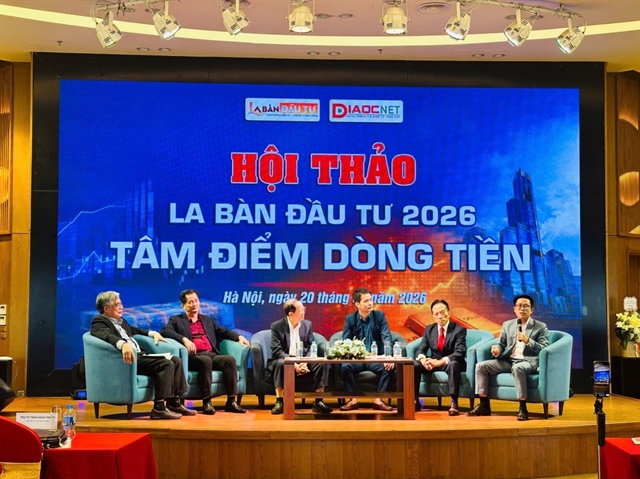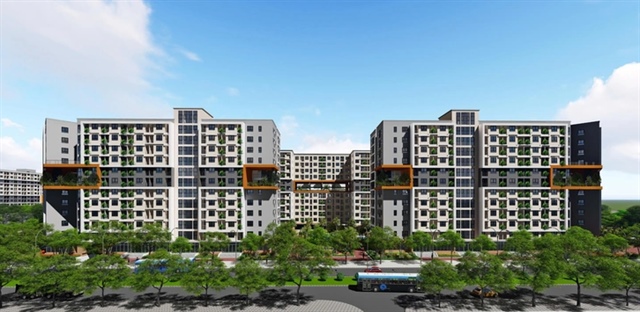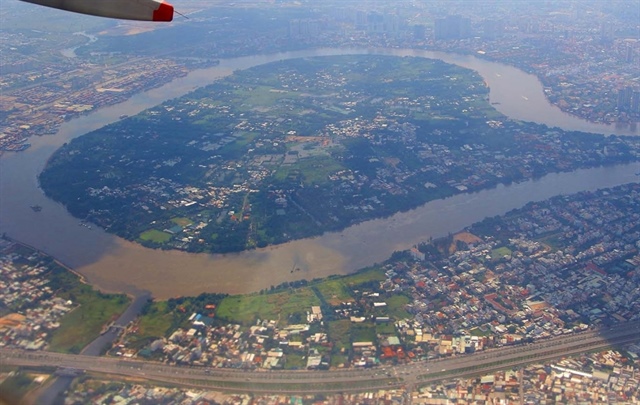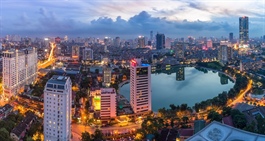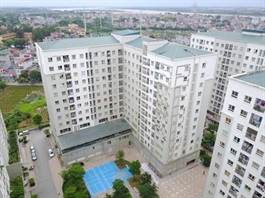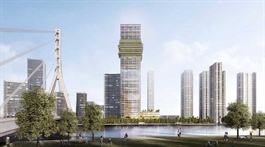Trend of eco-industrial parks becoming inevitable
Trend of eco-industrial parks becoming inevitable
The rising development of eco-industrial parks is set to contribute to the national target of reducing greenhouse gas emissions.
After a meeting with leaders of Quang Tri People’s Committee last month to propose the development of an eco-industrial park (IP), Capella Real Estate JSC is eager to study procedures to establish Capella Land Quang Tri for the venture.
According to the plan, the eco-IP will cover an area of 450 hectares in South-West Quang Tri Economic Zone and see the total investment of VND2.3 trillion ($100 million). The construction is expected to be divided into four phases, starting from the second quarter of next year to the end of 2026. The project’s duration is scheduled to be 50 years.
Currently, Capella Land operates a number of IP facilities in Bac Giang, Bac Ninh, Ha Nam, and Quang Nam provinces.
Despite the fact there are only a few dedicated eco-IPs in Vietnam, many investors expect that their development will become a larger trend due to the huge benefits that this model brings. Nam Cau Kien IP, funded by Shinec JSC, was the first eco-IP in Vietnam established on criteria for industrial zones under a 2018 decree. Shinec chairman Pham Hong Diep said, “Developing eco-IPs will be an inevitable trend and I think this segment will be a magnet to attract investors, but only if the government issues enough attractive policies.”
At Nam Cau Kien, a club was established with the aim to calling for investors to implement synchronous solutions for the circular economy. “Despite coming from seven different countries, all members of the club understand that a symbiotic relationship will create a large benefit for them,” Diep said.
At present, almost all eco-IPs in Vietnam are implemented under the pilot method. In 2020, the Ministry of Planning and Investment (MPI) in collaboration with the United Nations Industrial Development Organisation (UNIDO) and the State Secretariat for Economic Affairs of Switzerland, launched a project on eco-IP intervention in Vietnam, utilising perspectives from the Global Eco-Industrial Parks Programme.
The project is being implemented in five localities until next year and is the result of previous successful cooperation. The MPI and UNIDO implemented another eco-IP initiative in the 2014-2019 period and gained a significant impact on policy development as well as in demonstrating innovative technologies and practices. Various solutions for resource efficiency and cleaner production were implemented under the framework of the pilot initiative, which led to avoiding emissions worth 32KT of CO2 every year.
Tran Quoc Trung, deputy director of the Department of Economic Zones Management under the MPI said, “Developing eco-IPs will have great benefits for both state governance and the business community. For businesses, the application of measures to save raw materials and modern technology can help save all kinds of production costs, and reduce energy usage. For the management boards of the IPs, this model will contribute to connecting and increasing competitiveness in attracting green investment flows.”
While the benefits can be seen, a more robust legal framework will be required in order to encourage investors to develop this model.
Diep from Shinec explained, “Decree No.35/2022/ND-CP issues more clear regulations, but in terms of eco-IPs, there is a lack of criteria relating to statistics on resource use.”
Decree 35, which came into effect on July 15, abolishes several planning regulations for industrial zones and replaces them with regulations to comply with the 2017 Law on Planning and Resolution No.110/NQ-CP dated 2019. The changes were made to help save time and costs for local authorities while appraising and adjusting regional and provincial planning.


